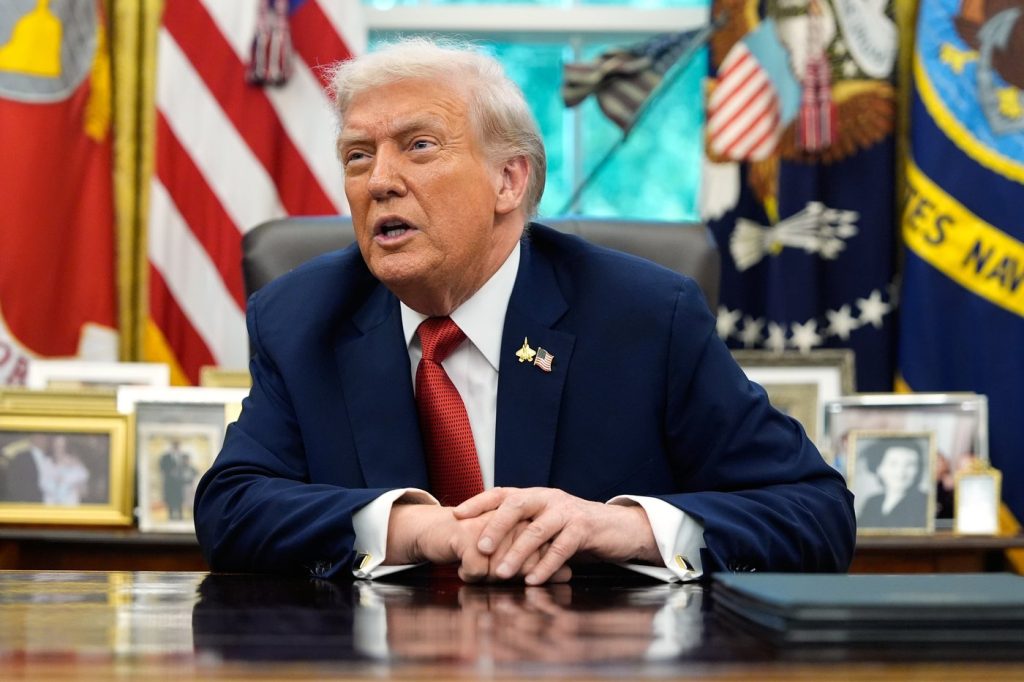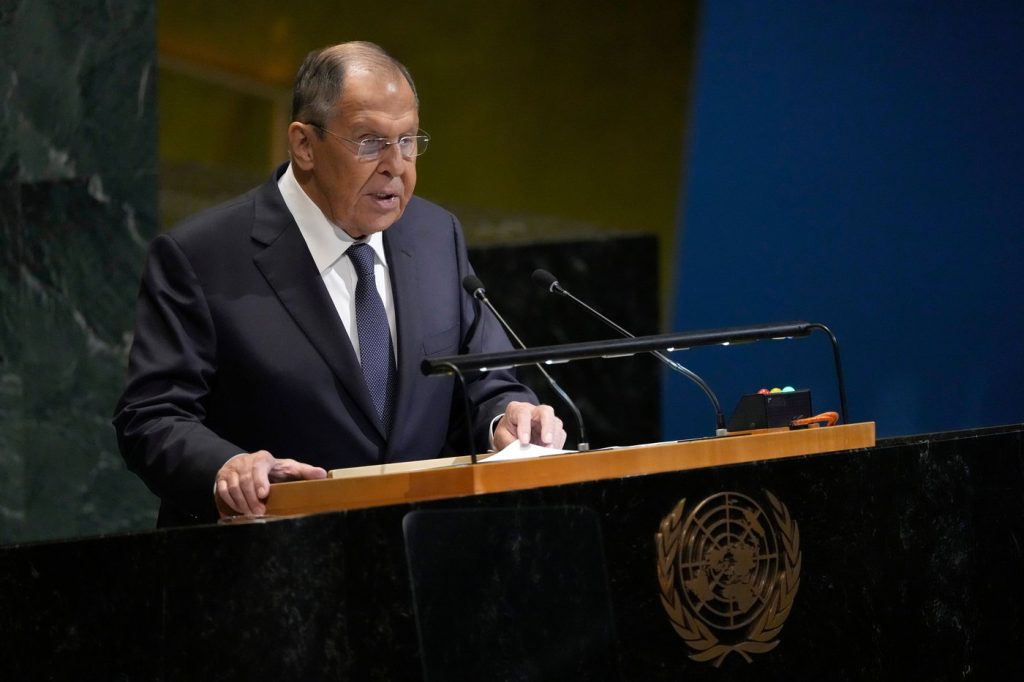NEW YORK (AP) President Donald Trump’s aggressive retribution campaign against his political opponents escalated significantly as the Justice Department indicted his longtime adversary, James Comey, and Trump initiated efforts to designate certain liberal organizations as "domestic terrorist organizations." This marked a critical moment in his administration's pattern of using governmental power to target perceived enemies.
Just days prior, Trump had publicly urged his attorney general to take decisive actions and appointed his former personal attorney to the role of top federal prosecutor in Virginia. Consequently, Comey, the former FBI director, faced a grand jury indictment for allegedly lying to Congress during his 2020 testimony regarding Trump. This indictment was a part of what critics describe as a troubling trend of abuse of power by the Trump administration, potentially endangering any American who challenges or criticizes the president.
Senator Mark Warner of Virginia, the leading Democrat on the Senate Intelligence Committee, condemned the indictment, stating, "Donald Trump has made clear that he intends to turn our justice system into a weapon for punishing and silencing his critics." The indictment followed the president's controversial decision to replace the previous U.S. attorney due to what he deemed a lack of responsiveness to his demands to pursue charges against his longtime targets.
This recent move represents a deeper dive into Trump’s previously declared intentions to utilize presidential powers to retaliate against foes, as emphasized in his statement, "In 2016, I declared: I am your voice... I am your warrior. I am your justice. And for those who have been wronged and betrayed, I am your retribution." This strategy gained momentum with the designating of the antifa movement as a domestic terrorist organization, further stoking fears about potential breaches of First Amendment rights for organizations operating in the United States.
Trump's attempts to categorize liberal groups and activists as violent threats point to a significant abuse of power, according to critics like Caitlin Legacki from Americans Against Government Censorship, who argue that such actions create an environment where political adversaries may face retaliation indirectly supported by government institutions. The indictment against Comey also raised concerns about selective prosecution, highlighting the potential erosion of trust in legal processes under Trump's administration.
Furthermore, Trump has been proactively pushing for investigations against various political figures and organizations. He pressured the Justice Department to explore mortgage fraud allegations against New York Attorney General Letitia James and Democratic Senator Adam Schiff. In his bid for political vengeance, Trump also aims to strip crucial protections from individuals he deems as adversaries, including former officials and governmental employees who had previously opposed him.
Trump's retribution campaign permeates various sectors, as he has voiced opposition to companies and turned to legal threats against media organizations. Recently, he commented on the potential for legal action against ABC following comedian Jimmy Kimmel's return to television, hinting that past encounters led to lucrative settlements.
The Comey indictment, celebrated by Trump as a victory for justice, has sown doubt among legal experts regarding the integrity of the charges. Prosecutors had expressed unease over the likelihood of successfully prosecuting Comey, amplifying concerns related to political influences within the Justice Department.
In his defense, Comey declared his innocence and expressed a commitment to the judicial system, stating, "My heart is broken for the Department of Justice, but I have great confidence in the federal judicial system, and I am innocent." Given the recent developments, Trump's veiled threats regarding future targets leave many speculating about the potential ramifications for political discourse and justice in the United States.












